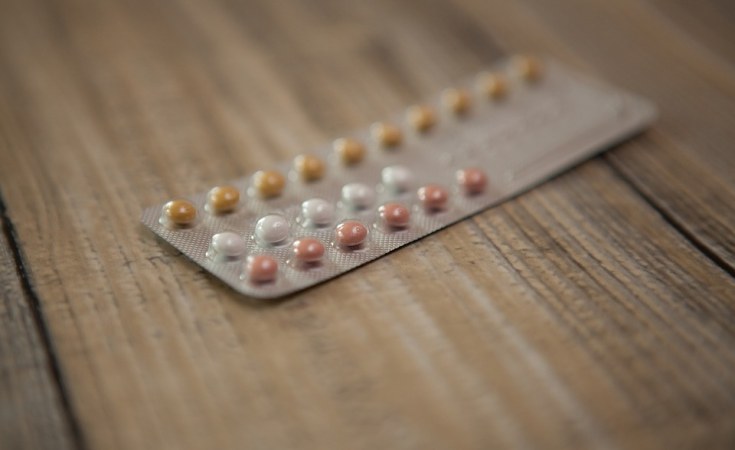The Ghana Health Service (GHS) has expressed concern over the low use of contraception in the country, despite its highly sexually-active population.
It says while only 28 per cent of married women use modern contraception methods, 23 per cent of the sexually active group want to stop or delay childbearing but are not using any method of contraception.
The Director of Family Health Division, Ghana Health Service (GHS), Dr Kofi Issah, said the situation had dire implications for national and socio-economic growth, calling for stronger stakeholder partnership to address the unmet need for contraception in the country.
He was speaking at the launch of the 2023 Family Planning Week and high-level advocacy dialogue on domestic financing for family planning in Accra yesterday.
On the theme "Family planning, my choice, my freedom", the week-long commemoration aims at increasing awareness on the acceptance of family planning, dispelling myths and advocating for increased commitment to family planning as an essential component of socio-economic development.
Dr Issah attributed the low utilisation of contraception to a number of socio-economic and cultural factors including fear of side effects, rumours, myths and misconceptions on family planning methods.
"Poor attitude of health workers and provider bias are also deterrents to the utilisation of contraceptions and efforts are being made to address the situation," he said.
Nonetheless, the director indicated that Ghana had made progress in its total fertility rate with total birth per woman reduced from 6.4 in 1988 to 4.2 by 2014.
"The 2021 Population and Housing Census provides us with information that household size has reduced from 4.4 in 2010 to 2.6 in 2021.
The above indicators show that a lot of progress has been made in the area of family planning and other population strategies," he stated.
Dr Issah called on stakeholders to help improve access to family planning services as part of Ghana's Reproductive Maternal, Newborn, Child and Adolescent Health (RMNCAH) and nutrition strategic plan (2022-2025) and path to universal health coverage (UHC).
The Country Representative for United Nations Fund for Population Activities (UNFPA), Dr Wilfred Ochan, said there was the need to respect the reproductive rights of women, adding that there was the need for women to have options in order to utilise their reproductive rights.
He explained that women's reproductive rights could not be realised without options and freedom to make choices, adding that efforts to avoid or delay pregnancy continues to be a private struggle endured by many women and girls in low and middle income countries.
He said there was a limited choice of contraceptive methods, gender based barriers where women were not permitted to take contraception without prior approval of their spouses.
He commended the government of Ghana for ensuring a very supportive family planning policy environment and called on societies and partners to support women to make involuntary and informed contraceptive choices.
Meanwhile, some activities lined up for the week-long celebration include discussions and media engagement, provision of free services at selected locations, health talks for organised groups, floats and other community mobilisation and awareness creation activities.


